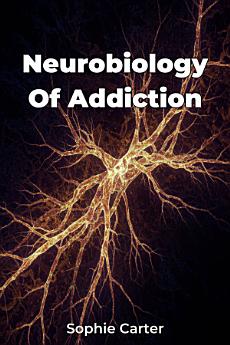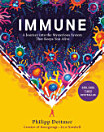Neurobiology Of Addiction
About this ebook
The book progresses from foundational concepts of brain structures involved in reward and decision-making, such as the prefrontal cortex and nucleus accumbens, to the long-term consequences of addiction on brain function. It delves into neuroplasticity, gene expression changes, and synaptic connectivity, which contribute to tolerance, withdrawal, and relapse vulnerability.
A significant focus is placed on how addiction impacts cognitive functions like attention and memory, as well as how understanding these changes informs the development of targeted treatments. By integrating findings from animal models, neuroimaging, and genetic studies, Neurobiology of Addiction provides a comprehensive overview of the neurobiological basis of addiction. This approach makes it a valuable resource for researchers, clinicians, and anyone seeking a deeper understanding of the neuroscience behind addiction, offering insights into potential therapeutic interventions and a balanced perspective on ongoing debates in the field.







